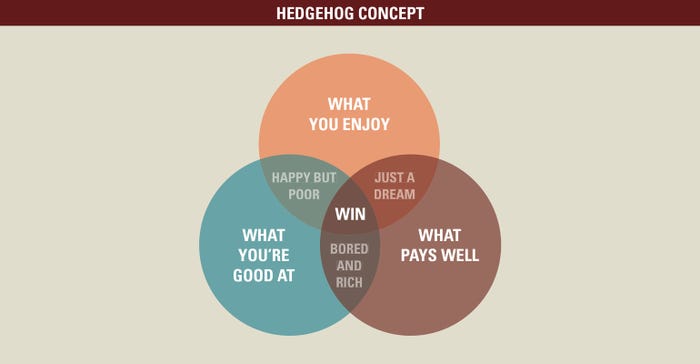
Are you tempted to start an off-farm business to produce non-farm income? You are probably excellent at production ag, but how well do those talents translate to this new venture?
One owner confided to me that, “We have so many business venture pitches come across my desk in a week we would choke if we tried to take advantage of all of these good deals.” His point was the deals were good, but they took his focus away from his core business.
Another farmer bought a sawmill production plant only to walk away four years later. He was poorer but much wiser in the wood business. He said, “I think we got arrogant that just because we can run a large farm, we thought we could make anything work.”
There are stories of farmer-run ethanol plants, meat packing plants, row crop farmers growing trout, and a Ponzi scheme of pigeon breeding. Those are just a few of the ones that come to mind, but there are many more.
It’s been tough to turn a farm profit, and it may be tempting to reach out for glittering opportunities. Sometimes, however, opportunities aren't a good fit.
So how can you decide what to go after and what to pass by?
Have you ever wondered how some companies have gotten where they are? Often, they have a better planning process and are crystal clear about their vision and goals. They ask themselves, “Will this opportunity get us closer to our long term goals?” If it won’t, they let it pass by. Because they are highly focused, these companies accomplish more—especially when compared to farms with little planning.
What if you haven’t gone through any strategic planning and need a quick way to filter out an opportunity?
That’s where the hedgehog concept comes in. Jim Collins, in his book "Good to Great," coined the phrase back in 2001. He argued that companies with focus are more successful. While he looked at large companies, we’ve observed this concept working with farms across the U.S. and Canada.
Use the hedgehog framework as a filter or test that all opportunities must pass. One farmer calls it his sniff test. It doesn't matter what you call it, but follow a couple of steps when faced with an opportunity.

To use the Hedgehog Concept ask yourself 3 questions.
What are we good at already? Can we apply the skills we already have to this new venture? This question will discover your core competencies.
Does this interest us? What are we passionate about? These answers are a small step towards defining your vision.
Does it make money? Does it provide a high enough return on equity (ROE)?
Why must any opportunity pass all three filters?
Let's say you are already good at something, and you are interested in it, but it doesn't have a high enough return on equity. Then it's not sustainable. Many hobbies fall into this category. For me, this is my BBQing. I have a great time, and people like my food, but I will never make enough money BBQing to quit my day job.
Let's say you think you can make money on a new venture and are excited. However, you have only a few of the skills (core competencies) needed. You can learn these skills, but often the learning curve is steep and expensive. This is what happened when the row crop farmers started growing trout and buying lumber mills.
There are many examples, but you get the picture. Opportunities must pass all three tests.
It’s smart to look at opportunities beyond what you have always produced. Farms that have successfully used the hedgehog concept have done things like starting a custom grain drying business; They grow edible beans instead of soybeans. They have shifted production from potatoes to onions; they cater hay delivery to racehorses in small batches instead of bulk alfalfa sold through brokers.
The list is endless, but each successful new venture, at a minimum, passed the hedgehog test outlined above.
You can also increase income, have fun, and use the skills you already possess. Just realize that all that glitters isn’t gold.
Tim Schaefer is an executive management coach and succession planner for farms and agribusinesses. If you have a management or succession planning question, contact [email protected]
The opinions of the author are not necessarily those of Farm Futures or Farm Progress.
About the Author(s)
You May Also Like






